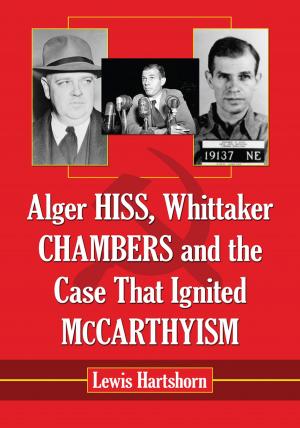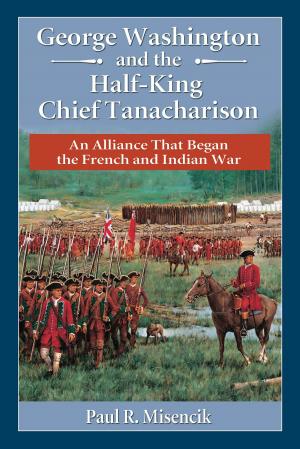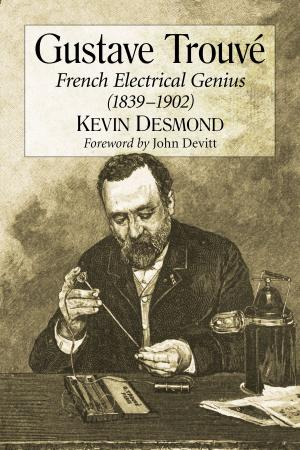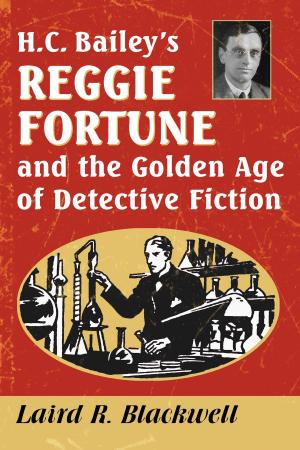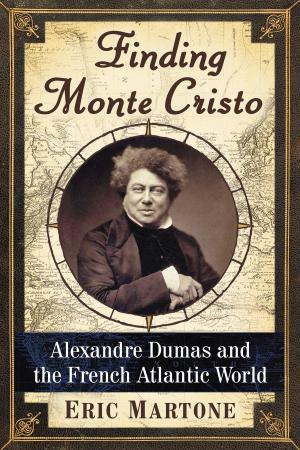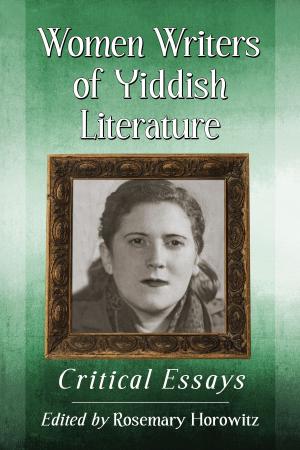Unconditional Unionist
The Hazardous Life of Lucian Anderson, Kentucky Congressman
Nonfiction, Social & Cultural Studies, Social Science, Cultural Studies, African-American Studies, History, Americas, United States, Civil War Period (1850-1877)| Author: | Berry Craig, Dieter C. Ullrich | ISBN: | 9781476626642 |
| Publisher: | McFarland & Company, Inc., Publishers | Publication: | October 4, 2016 |
| Imprint: | Language: | English |
| Author: | Berry Craig, Dieter C. Ullrich |
| ISBN: | 9781476626642 |
| Publisher: | McFarland & Company, Inc., Publishers |
| Publication: | October 4, 2016 |
| Imprint: | |
| Language: | English |
When U.S. Congressman Lucian Anderson from Kentucky voted for the 13th Amendment to the Constitution in January 1865, abolishing slavery, he gambled more than his political career. Anderson was from Mayfield, one of the most rabidly secessionist towns in the Bluegrass State. During the Civil War, his political alignment changed from pro-slavery Union Democrat to Unconditional Unionist to Republican. Elected by Unionists in 1863, he soon received death threats and was kidnapped by Confederate raiders who held him for ransom (while he tried to convert them to the Union cause). He was a Kentucky delegate to the 1864 national convention that re-nominated President Abraham Lincoln. Knowing he could not win another term, Anderson did not seek reelection in 1865. Based on newspaper articles, letters and other contemporary sources, this book provides a detailed portrait of an overlooked but significant figure of the Civil War and Kentucky history.
When U.S. Congressman Lucian Anderson from Kentucky voted for the 13th Amendment to the Constitution in January 1865, abolishing slavery, he gambled more than his political career. Anderson was from Mayfield, one of the most rabidly secessionist towns in the Bluegrass State. During the Civil War, his political alignment changed from pro-slavery Union Democrat to Unconditional Unionist to Republican. Elected by Unionists in 1863, he soon received death threats and was kidnapped by Confederate raiders who held him for ransom (while he tried to convert them to the Union cause). He was a Kentucky delegate to the 1864 national convention that re-nominated President Abraham Lincoln. Knowing he could not win another term, Anderson did not seek reelection in 1865. Based on newspaper articles, letters and other contemporary sources, this book provides a detailed portrait of an overlooked but significant figure of the Civil War and Kentucky history.


